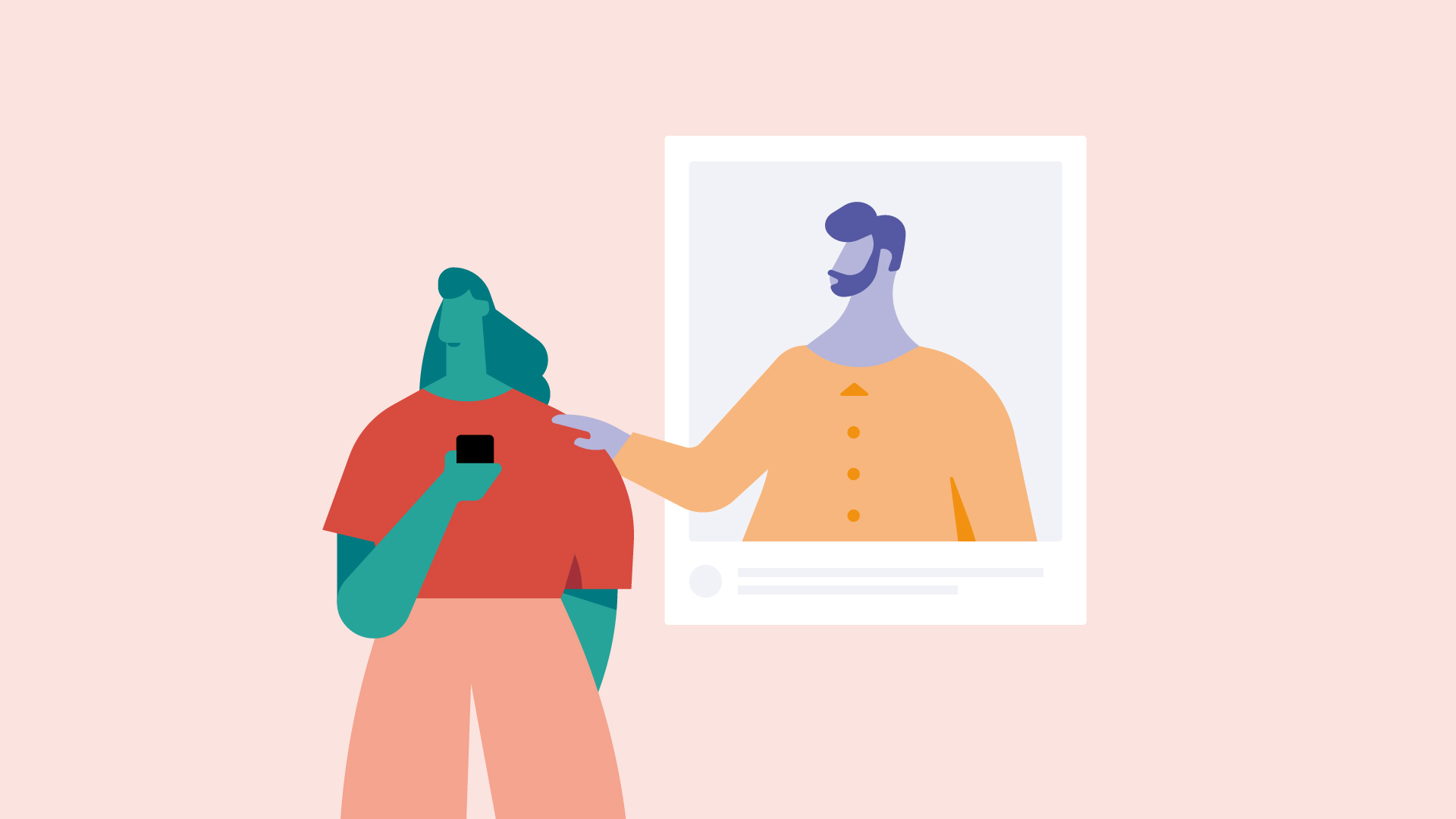On World Suicide Prevention Day, we want to raise awareness of a vital public health issue that profoundly affects individuals, their loved ones and the communities around them – as we sadly have seen, yet again, in recent weeks.
During COVID-19, suicide has become an even greater risk. A June study from the US Centers for Disease Control and Prevention found that the pandemic is having a serious impact on the mental health of young adults, caregivers, essential workers and minorities in particular. One in four young adults aged 18-24 said they considered suicide in the 30 days prior to the study. They specifically cited the pandemic as a factor.
Since the pandemic began, we have taken a number of additional steps to keep people safe, including providing people with tips we developed with global experts, localized resources and easy access to over 100 local crisis helplines through our COVID-19 Information Center. Experts have made clear that making these tips and resources easier to find is key to those seeking help. We will be expanding them soon.
We’re taking more steps to help those who might need it, including by:
- Addressing potentially harmful content: We have strict rules against graphic self-harm content, as well as content that promotes or encourages suicide and self-harm, and we work closely with suicide prevention experts to make sure these rules are in the right place. We also recently consulted with experts about content that doesn’t break these rules, but could have a harmful effect on those who are already vulnerable, such as depressing quotes or memes. We’ll share our approach to address this content soon. These issues are complex and nuanced, but we are committed to doing all we can to address potentially harmful content without stigmatizing mental health.
- Launching crisis support over chat: Getting people help in real time is especially important when they are in distress. In the coming months, we’ll make it easier for people to talk in real time with trained crisis and mental health support volunteers over Messenger.
- Helping educators #chatsafe with students: With the increase of online learning due to COVID-19, we’re expanding our online resources for educators, adding Orygen’s #chatsafe guidelines on how to help young people talk safely online about suicide to Facebook’s Safety Center. These will be available first in English, and seven more languages next month.
- Creating new Instagram Wellness Guides: Following the release of Wellness Guides on Instagram, we’re launching localized guides that address ways to prevent suicide and support those who might be struggling. For example, in the US, the American Foundation for Suicide Prevention created a guide to help people understand the warning signs of suicide. In India, the Suicide Prevention India Foundation’s guide focuses on how to foster social connectedness; in Hong Kong, Samaritans HK’s guide shares ways to check in on your friends; and in Nigeria, Mentally Aware Nigeria’s guide focuses on having safe conversations about suicide.
- Supporting industry guidelines: We work closely with suicide prevention experts like Samaritans in the UK on our approach to suicide and self-harm content. We welcome the guidelines Samaritans launched today, which are designed to help the tech industry address these issues as sensitively and effectively as possible.
We are committed to doing all we can to help those who use our platforms to stay safe. Visit our Suicide Prevention Resource page to learn more.
